
Read or listen offline
Amazon KindleRecommendation
Once upon a time, you had to check your emotions at the door before entering the office in order to maintain an air of professionalism. But today, a “relational revolution” had invaded the workplace, unleashing the power of emotions. If you’ve ever clashed with a colleague or if you present your best self at work and take the dregs home, couples counselor Esther Perel offers some enlightening insights. In a delightfully playful presentation and Q&A, Perel examines the parallels between romantic and workplace relationships. Understanding those dynamics will help you navigate relationships in both your private and professional lives.
Summary
About the Speaker
Esther Perel is a psychotherapist, couples counselor and creator of the podcast Where Should We Begin?








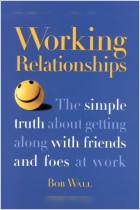
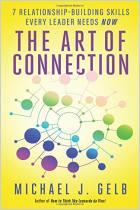

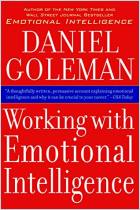
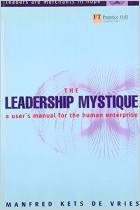
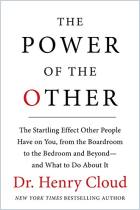



Comment on this summary